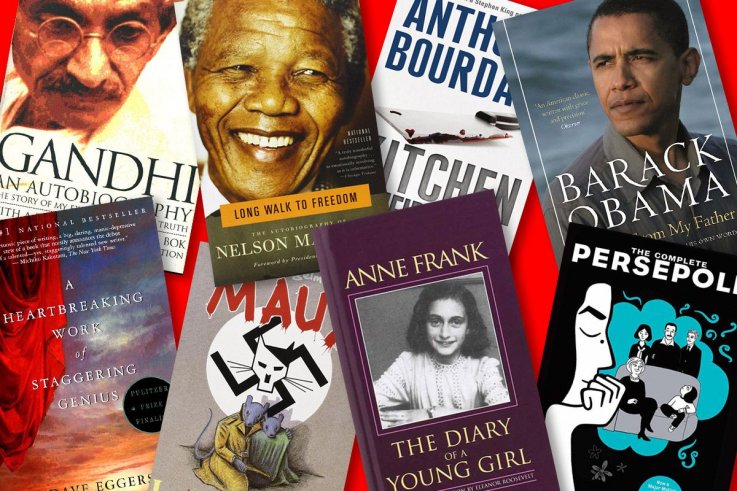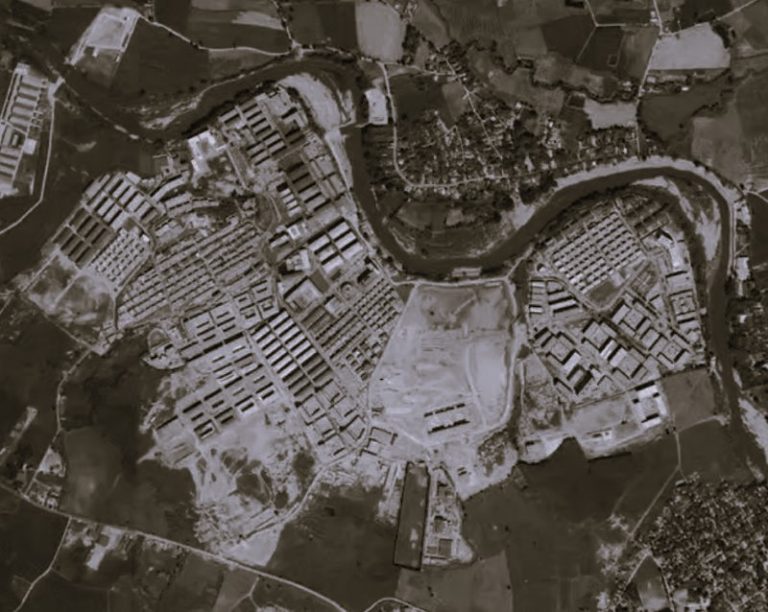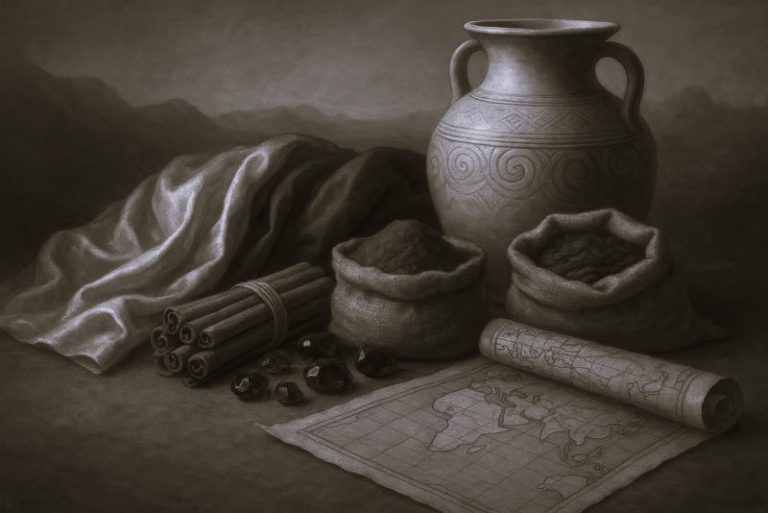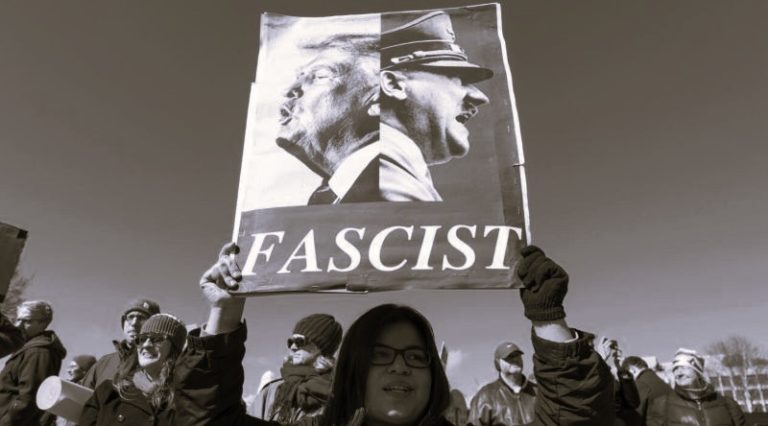
Biographies, which are generally accepted as teaching materials in history and social studies education, possess additional characteristics of a means to give value to the learning process. Over the past decade, changes have been adopted in the way history is taught, which have shaken classrooms. Increasingly, educators question the predominantly factual approach used in instruction. An argument has been raised that it would be better to teach students historical thinking skills, rather than compelling them to memorize facts. Biographies present an effective tool for achieving this purpose as outlined in the rest of this article.
Why Are Bibliographies Important in Education?

When a historian works on a biography, he or she carries out a case study. When the biography is used to teach complex structures and ideas in history class, the underlying educational principle is referred to as exemplary learning. This approach to instruction has long been a subject of interest for educators seeking to improve history lessons.
In most cases, however, biographies are used to refer in a more illustrative fashion, contributing more facts that students are expected to absorb. In essence, a task devoid of critical thinking has very minimal value in fostering historical thinking skills.
The absence of systematic analysis in instruction is unfortunate, particularly since the educational importance of biographies is not limited to illustrating or providing historical content knowledge. Well-researched and effectively written biographies play an important role in the implementation of the acquisition of historical thinking skills.
Please note that a biography is an engaging form of writing that can inspire both the writer and the reader in a classroom setting. Reading bibliographies in the classroom has been shown to have a positive impact on the abilities of learners to understand narratives and reassemble facts. As the student engages analytically and critically with the author’s narrative, he or she develops historical literacy. Given that effective reading skills require engagement with different types of sources, biographies can improve the diversity of genres used for teaching in schools.
Another way in which biographies can improve student learning is by encouraging them to write. Reconstructive writing skills, which are important for student performance, can be promoted by asking students to compose their biographies. Also asking learners to write such papers can create a strong personal bond with a figure in the past. Anyone who faces challenges creating quality content can seek assistance from an online essay helper.
It also enhances critical thinking, research, and writing, skills that can be useful in their future education and careers. Students can acquire insights into how to create a plot and handle narrative conventions and source material.
Another reason why teachers should use bibliographies more regularly is that they offer valuable life lessons. In most cases, people who have biographies writing about them have an interesting story relating to trials, tribulations, and successes. Students get to learn how notable figures were able to handle crises and familial duties. After all, every life serves a purpose, and one can learn his or her role by delving into the lives of others.
Also, the content of biographies can make history more accessible to students, an important prerequisite for sustaining motivation. These days, research shows that personality-centred classes and case studies ought to be integrated into course material. The biographies serve to humanize history, showing how intellectual movements and social structures affected or shaped individual people, rather than just focusing on communities and anonymous forces.
Please note that biographies are an intricate element of students’ personal experiences. By reflecting on one own life and considering the lives of others, students get drawn into the learning process. In other words, the materials appeal to learners on a fundamental level.
Once an instructor has chosen to use biography as a tool of instruction, he or she ought to then choose suitable biographies conducive for effective learning. A good material should not be too long or too expensive or difficult to access.
Challenges and Pitfalls to Using Bibliography
Naturally, the genre of biography not only offers amazing advantages but also presents some serious challenges; for instance, some students may not understand that biographies are not factual accounts of events. Rather, they should be seen as literary works with a narrative structure created by an author.
In most cases, authors develop causality and climaxes for the sake of plot and coherence. This makes biographies an interpretation of events rather than the objective rendering of things as they occurred. Students must be urged to avoid accepting the authors’ interpretations as facts without critiquing them through additional research. There may also be personal myths incorporated into the works, which students need to interrogate.
In essence, therefore, biographies offer an intersection between literature, scholarship, and popular culture. When properly selected and critiqued, they present an interesting and motivating tool for students to learn academic research and events.







